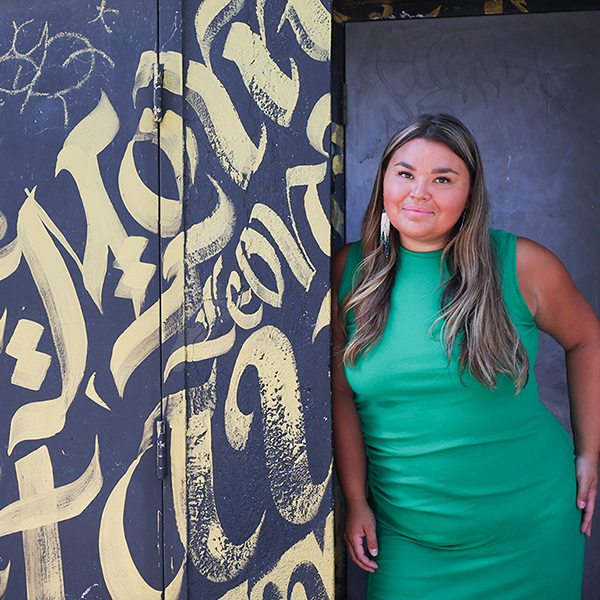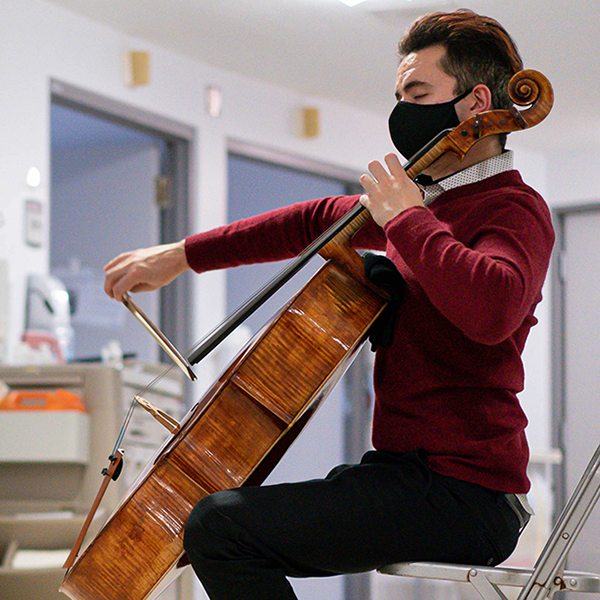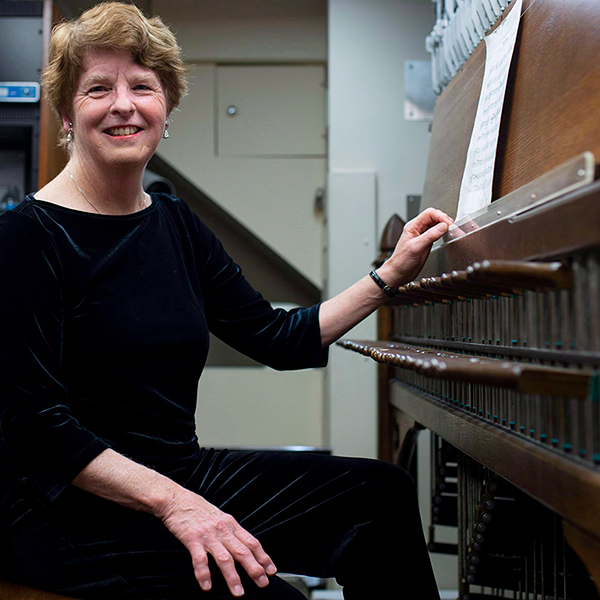Nearly 60 years after attending McGill’s music school, Beverly Glenn-Copeland is enjoying a remarkable career renaissance.
Glenn-Copeland’s journey in music and life after his time studying German lieder at McGill is the stuff of legend – so much so it’s been immortalized in the documentary Keyboard Fantasies: The Beverly Glenn-Copeland Story, named after his unearthed 1986 album of new age compositions that became a cult classic in recent years thanks to a Japanese record collector.
After leaving McGill, his budding career as a coffeehouse singer-songwriter gave way to a 20-year stint as a music writer and frequent on-screen performer on one of the most iconic TV shows ever broadcast in Canada – Mr. Dressup. He also contributed songs to Sesame Street and provided backing vocals for music by other artists like Bruce Cockburn.
All the while, Glenn-Copeland kept making music of his own, continually receiving inspirational communiques from what he’s dubbed the “universal broadcasting system.” A compilation of his greatest pieces, including one previously unreleased track, appear on his new release Transmissions: The Music of Beverly Glenn-Copeland.
At 76, interest in his work has never been higher. The documentary about his life has been playing at festivals around the world, earning prizes in New York, Atlanta and Tel Aviv. Swedish pop superstar Robyn, Australian singer-songwriter Courtney Barnett and actress Tessa Thompson are all fans of his work. The New Yorker, The New York Times and The Washington Post are among the dozens of publications that have recently profiled the musician.
Considering the countless ups and downs Glenn-Copeland has experienced in his life, it’s not surprising his time in McGill was also a tumultuous one. But Glenn-Copeland, the only black student in the classical music program in the early 1960s and one of the few openly queer students (he was living as a woman at the time), says his studies were “wonderful in many respects.
“The Faculty of Music was very small, very intimate,” he recalls. “You knew pretty much everyone in it because it was literally in a tiny house. I studied to be a German lieder singer [strongly melodic music from the Romantic period in the 19th century – Schubert, Schumann and Brahms were key composers], under one of the most famous German lieder singers of his time. I utterly loved my time learning that – it was what I preferred above opera because I didn’t relate to opera. It was always so dramatic and the women always died at the end.”
As much as Glenn-Copeland enjoyed his education, he didn’t complete his degree.
“It was because of my being a non-heteronormative person,” he says. “In 1961, I was probably the only out person in Montreal, so that was problematic. Not at the University per se, but in the dormitory where I lived, it caused no end of consternation.” Transcending the sexual norms of the time so openly could be difficult – even dangerous. Same-sex sexual relations in Canada were officially illegal until 1969. And while Glenn-Copeland remembers acts of kindness – McGill’s dean of women supplied some of her own used furniture when Glenn-Copeland moved into an apartment – not everyone was so supportive.
“At that time, the assistant dean of women was on a mission,” recalls Glenn-Copeland. “It derailed studying, needless to say.”
After leaving McGill, Glenn-Copeland studied opera in New York before returning to work as a classical singer, but soon wanted to incorporate African and Chinese musical elements from his youth.
“One day I had an understanding that I had already done classical in another lifetime, and in this lifetime I wanted music to reach people no matter their culture,” he says. “I quit my classical career on a dime, sold my oboe and bought a guitar. That’s how that happened. And it was a fabulous oboe.”
Glenn-Copeland eventually left Montreal, spent a number of years in the Canadian Shield of Ontario and is now in New Brunswick, but the American-born artist couldn’t escape his time in Montreal on Transmissions. Two tracks reference the city: the street tough, soulful “Montreal Main (The Buddha in the Palm)” and the sunny, Joni Mitchell-inspired “Durocher.”
He didn’t pick the tracks on the compilation – his publishing company, record label and management made the selections – but he wholeheartedly approved the final tracklist, even if it was difficult to whittle his sprawling oeuvre down to a tidy 13 songs. It offers a taste of his many musical phases, from folk to new age to pop.
The greatest hits album was meant to coincide with a packed year of touring, but fate would throw Glenn-Copeland another curveball in the form of COVID. He and his wife were ready to move when it became clear the concert revenue they needed would be drying up. A generous benefactor heard about their situation and offered them a house until they got back on their feet. They’re thinking about moving back to Quebec – specifically the Laurentians – sometime in the future.
Keyboard Fantasies, made with a synthesizer, drum machine and an Atari, was ignored in 1986, and of the 200 cassette tapes Glenn-Copeland produced, only about 10 were sold while the rest gathered dust in his home. That is, until influential Japanese collector Ryota Masuko reached out, asking if he had any copies left. Keyboard Fantasies is now considered an early pioneer in the electronic new age genre. In November, the album was awarded a Polaris Heritage Prize, given to Canadian artists for seminal works that were released before the creation of the annual Polaris Prize in 2006.
The album has not only become a hit with obsessive collectors, Glenn-Copeland’s futuristic work at the time has found a home with younger audiences attuned to experimental, ambient music. Polaris Prize winner Caribou points to Glenn-Copeland as a key influence for his own most recent album.
Glenn-Copeland is excited about the prospect of young people with a curiosity for music finding and appreciating the songs he composed to little fanfare so many years ago.
“They speak an international musical language. Young people are world citizens when it comes to music and world citizens when it comes to understanding what humans have to do to survive on this planet,” he says. “They have wide tastes in music, so it makes sense the music being sent to me would have an audience of young folk. The music is very spacious and calming, and young people of this current generation have been into this music for a while, so of course they can relate to it. I’m thrilled, they finally showed up!”
With touring plans up in the air for the foreseeable future, now might be an opportune time for Glenn-Copeland to go through his extensive archives of unreleased music – 42 backup hard drives, to be specific – and see what’s worth releasing, now that the demand is there.
But he’s also not one to look back or spend his time listening to the past: he doesn’t even own a record player.
“Of what I receive from the Universal Broadcasting System, not everything should be put out, but most of it could,” he says. “So that’s easily 50-60 songs that have never been heard. Or more, maybe 100 – I don’t count. I’m hoping it will all get to be recorded at some point or released somehow. That’s a hope of mine.”


